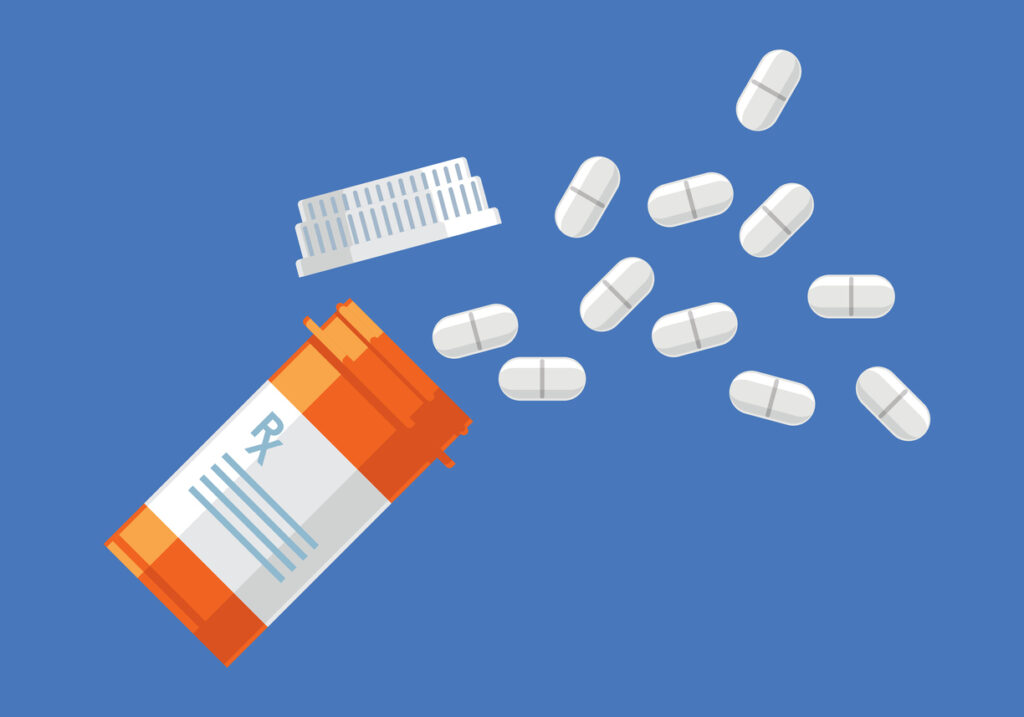If you are one of the millions of people who suffer from OCD, then you know that it can be a difficult condition to live with. The good news is that there are many treatment options available, and with the help of a qualified therapist, you can overcome OCD and regain control of your life. In this comprehensive guide, we will discuss all aspects of OCD treatment, from cognitive behavioral therapy to medication to self-help strategies. We hope that this information will be helpful for both those who are just starting out on their journey to recovery and those who have been struggling with OCD for years.
Contents
What Is OCD?
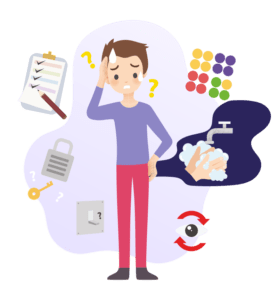 OCD is an anxiety disorder that causes people to have unwanted and intrusive thoughts, feelings, images, and sensations (obsessions) that drive them to do something over and over again (compulsions). OCD can be a very debilitating condition that interferes with all aspects of a person’s life.
OCD is an anxiety disorder that causes people to have unwanted and intrusive thoughts, feelings, images, and sensations (obsessions) that drive them to do something over and over again (compulsions). OCD can be a very debilitating condition that interferes with all aspects of a person’s life.
There are two main types of OCD: obsessional and compulsive. Obsessional OCD is characterized by unwanted and intrusive thoughts, images, or impulses that occur repeatedly in the mind. These obsessions are often disturbing and can cause a great deal of anxiety. Compulsive OCD is characterized by repetitive behaviors or mental acts that a person feels compelled to perform in order to relieve the anxiety caused by the obsessions.
This disorder is also classified into four subtypes: checking, washing, hoarding and repeating.
There are also many causes of OCD as well, which we will explore in more depth later on. If you or someone you know is suffering from OCD, it is important to seek professional help. There are many effective treatments available that can help people manage their OCD and live normal, productive lives. This guide will provide an overview of the different treatment options for OCD, as well as some tips for living with the condition.
Negative Impacts of OCD
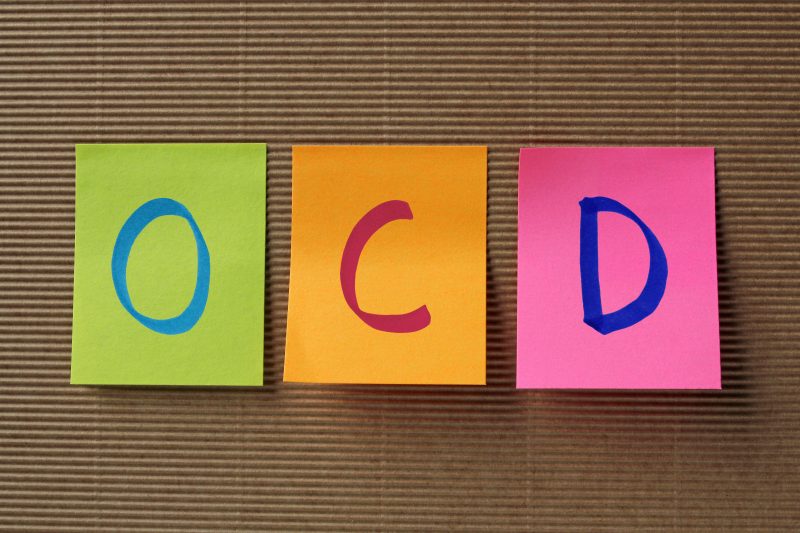
There are many negative impacts of OCD that can severely interfere with a person’s quality of life. These include:
Anxiety And Fear
Anxiety and fear is one type of negative emotion that people with OCD experience. This can make it hard to relax or enjoy activities that were once fun. Anxiety and fear also mean that people with OCD are constantly on edge, which can lead to problems sleeping and concentrating.
Depression
Depression is another common negative emotion experienced by people with OCD. It can make it hard to function in day-to-day life and may even lead to suicidal thoughts or behaviors. It can also make it difficult to stick to treatment.
Relationship Problems
OCD can also cause problems in relationships. The constant anxiety and fear can be draining for both the person with OCD and their loved ones. OCD can also make it difficult to share intimacy with a partner, which can lead to further relationship problems. There can also be many arguments about OCD behaviors, which can be frustrating and upsetting for both parties.
Work And School Problems
OCD can also interfere with work or school. The anxiety and fear can make it hard to concentrate on tasks, and the compulsions can take up a lot of time. This can lead to problems meeting deadlines, completing assignments, or performing well in school or at work.
Substance Abuse
Substance abuse is one of the most serious problems associated with OCD. People with OCD may turn to drugs or alcohol in an attempt to self-medicate their symptoms. This can lead to addiction and other serious health problems.
Types of Treatment of OCD
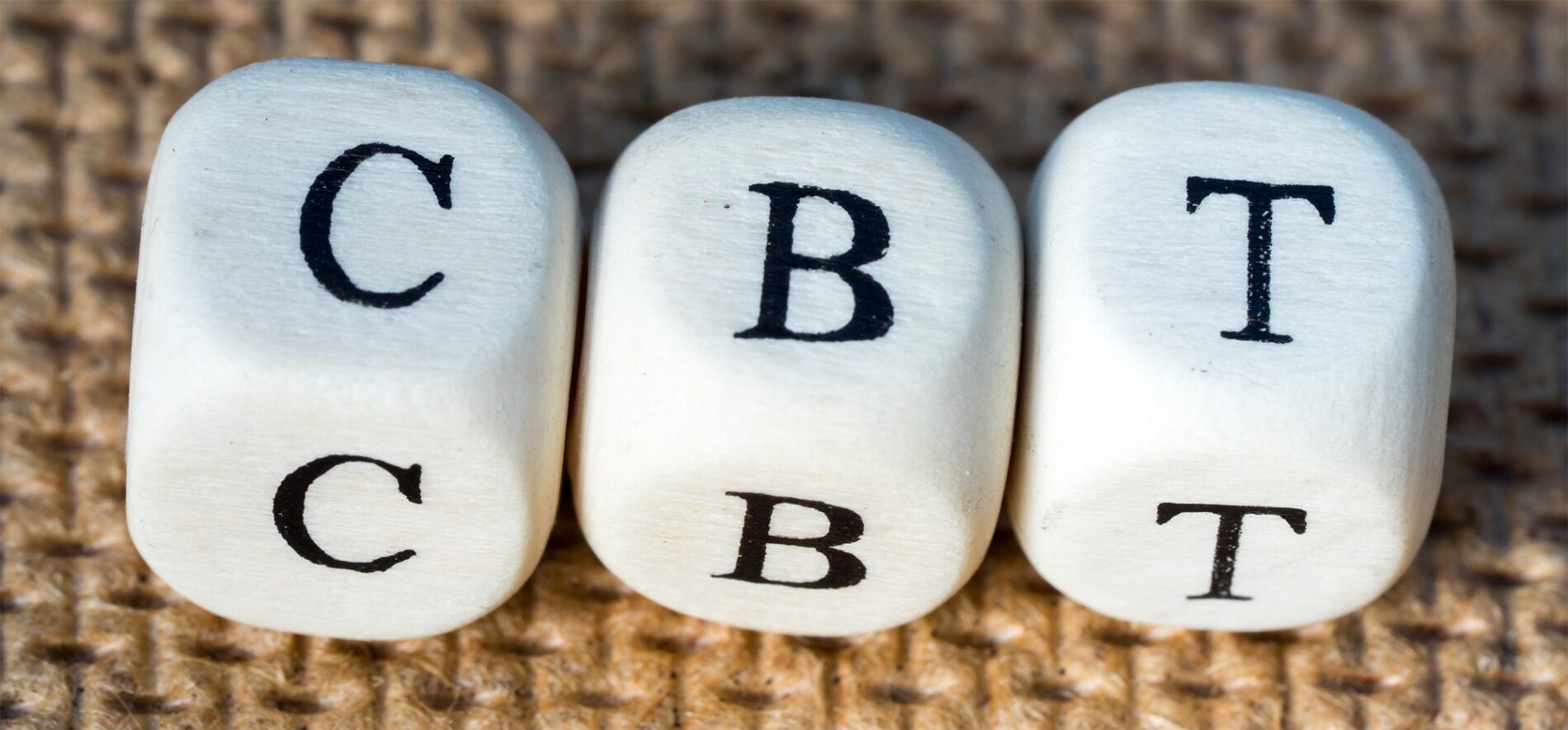
There are many types of treatment for OCD, and the best approach depends on the individual. Some people may benefit from medication, while others may need to participate in therapy.
Medications
There are many different types of medications used to treat OCD. The most common type of medication is antidepressants. Antidepressants are often used to treat other conditions, such as anxiety and depression. However, they can also be effective in treating OCD.
Other types of medications that may be prescribed for OCD include anti-anxiety medications, antipsychotics, and mood stabilizers. These medications can help to lessen the symptoms of OCD and make it easier to manage the condition. Some of these medications are used to treat other conditions, such as bipolar disorder.
Sertraline
Sertraline is a type of antidepressant that is commonly used to treat OCD. It works by increasing levels of serotonin in the brain. Serotonin is a chemical that helps to regulate mood and anxiety. Sertraline is available in both pill and liquid form.
Fluoxetine
Fluoxetine is another type of antidepressant that is commonly used to treat OCD. It works by increasing levels of serotonin in the brain. Fluoxetine is available in both pill and liquid form. It is important to note that fluoxetine can take up to eight weeks to start working.
Therapy
Therapy is another common treatment for OCD. There are many different types of therapy, but the most common is cognitive-behavioral therapy (CBT). CBT works by helping the person with OCD to identify and change negative thinking patterns. It can also help with exposure and response prevention (ERP), which is a type of therapy that involves exposing the person to their fears without performing the compulsions.
Cognitive-Behavioral Therapy
Cognitive-Behavioral Therapy is a type of therapy that works by helping the person with OCD to identify and change negative thinking patterns. It can also help with exposure and response prevention (ERP), which is a type of therapy that involves exposing the person to their fears without performing the compulsions. This type of therapy also helps with relaxation techniques and coping strategies.
Exposure and Response Prevention
Exposure and Response Prevention is a type of therapy that involves exposing the person to their fears without performing the compulsions. This type of therapy can be used in conjunction with CBT. ERP helps the person to slowly confront their fears and learn to manage their anxiety without resorting to their compulsions. Another thing that can help with exposure and response prevention is imaginal exposure, which is a type of therapy that involves imagining the feared situation.
Art Therapy
Art therapy is a type of therapy that uses art to help the person with OCD express their thoughts and feelings. This type of therapy can help the person to understand their condition and ultimately manage their symptoms. Art therapy can also help with relaxation techniques.
Music Therapy
Music therapy is the use of music to improve mental and physical health. It is a form of psychotherapy that uses music to help people express themselves, relieve stress, and improve their moods. Music therapy has been shown to be an effective treatment for OCD. A study published in the journal found that music therapy was able to significantly reduce OCD symptoms in patients with the disorder.
Psychodynamic Therapy
Psychodynamic Therapy is a type of therapy that focuses on exploring the unconscious mind. This type of therapy can help the person with OCD to understand their thoughts and feelings, which can ultimately help them to manage their condition. This also helps with relaxation techniques.
Relaxation Techniques
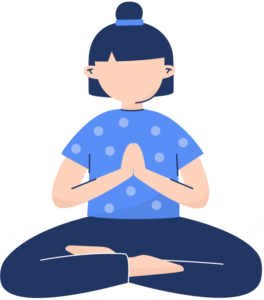
Relaxation techniques are another common treatment for OCD. These relaxation techniques can help to lessen the symptoms of OCD and make it easier to manage the condition. Some of these techniques include yoga, meditation, and deep breathing exercises.
Yoga
Yoga is a type of exercise that helps to improve mental and physical health. It can also help with relaxation techniques. Yoga is a form of mindfulness, which can help the person with OCD to focus on the present moment and be more aware of their thoughts and feelings.
Meditation
Meditation is a type of mindfulness that helps the person with OCD to focus on the present moment and be more aware of their thoughts and feelings. It can also help with relaxation techniques. Another thing that can have a positive impact on a person with OCD is art therapy.
Deep Breathing Activities
Deep breathing activities are one of the most effective relaxation techniques. They help to improve mental and physical health. Deep breathing helps to oxygenate the blood, which can help to reduce stress and anxiety. It also helps to improve circulation and promote relaxation.
Support Groups
Support groups are another way to promote mental and physical health. They provide a safe and supportive environment for people with OCD to share their experiences and learn from others. Support groups can also help with exposure and response prevention. There are also many online support groups that can be helpful for people with OCD.
Treating OCD can be a challenge, but there are many effective treatments available. If you or someone you know is struggling with OCD, please seek help from a mental health professional. There are also many resources available online and through support groups. Remember, you are not alone in this journey.
Conclusion
OCD is a serious condition that can be extremely debilitating. However, there are treatments available that can help people manage their OCD and lead relatively normal lives. If you or someone you know is struggling with OCD, don’t hesitate to reach out for help.
There are a variety of different treatment options for OCD, so it’s important to work with a mental health professional to find the best approach for you. With proper treatment, many people with OCD are able to improve significantly. Don’t give up hope—help is available. There are many resources available to help you learn more about OCD and find treatment.
If you are looking for affordable Online OCD Counseling MantraCare can help: Book a trial OCD therapy session
